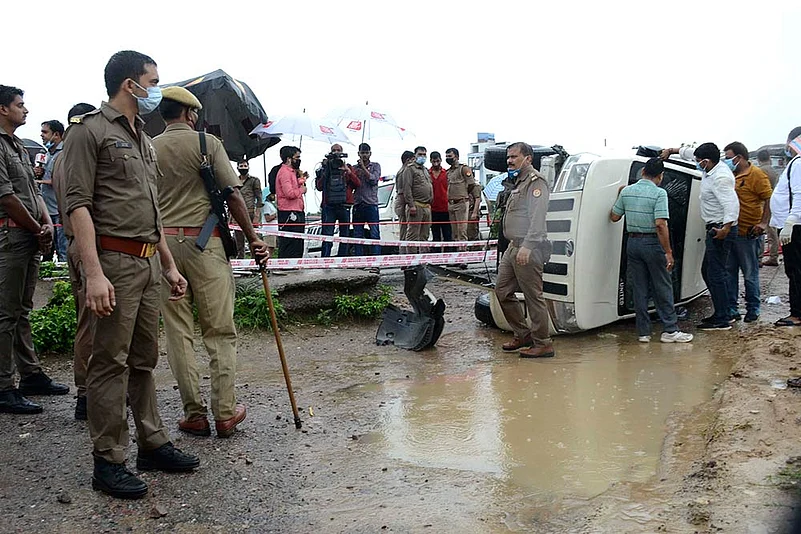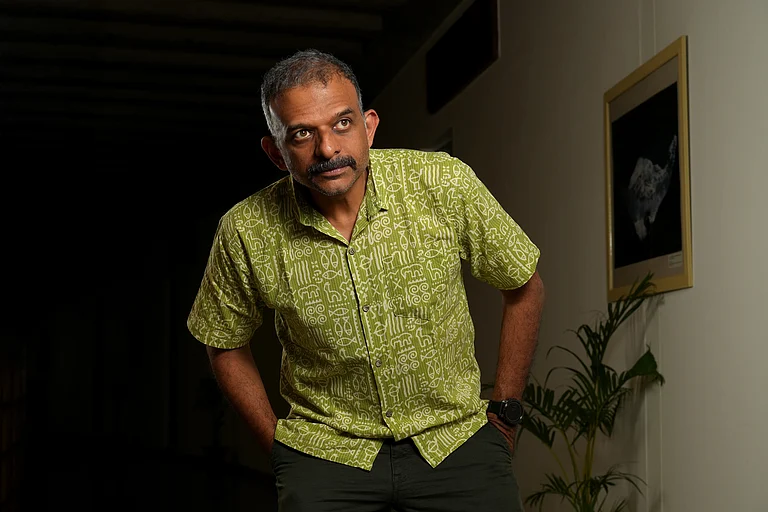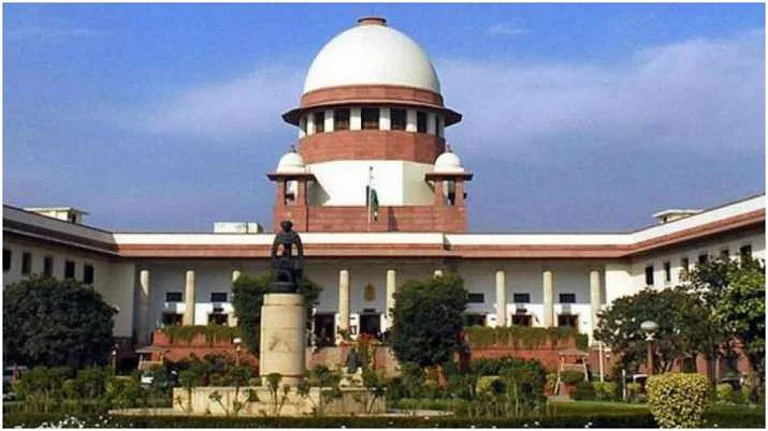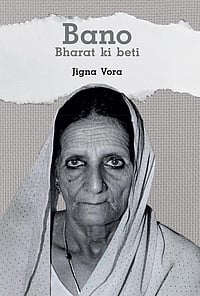To believe that arrested gangster Vikas Dubey was killed by police in ‘self-defence’ while he fired at them in an attempt to flee would require jettisoning all common sense, rationality, and lived experience. That the Uttar Pradesh police would go ahead with this lousy and infinitely banal script, suggests that it had no intent to give the act even a semblance of genuineness, or feign regard for the law. Attesting to the farce is the killing of Dubey’s aide Prabhat in an ‘encounter’ in exactly the same manner a day earlier.
The district authorities haven’t yet clarified under what law Dubey's house in Kanpur was razed. If enough people had raised questions about the bulldozing of Dubey’s house, perhaps it would have deterred the police and the state government from riding roughshod over the ethos of criminal justice system and killing the gangster or his aide in a questionable manner. Let alone the brazenness involved in demolishing the house, the Kanpur district administration might have committed the crime of destroying crucial evidence, which would have helped the police in making a watertight case against Dubey in courts.
The constitutional duty of bringing an accused before a court has apparently been long forsaken and forgotten. The public fantasy is the new overlord. If the public is lusting for blood, so be it. It’s complete theaterisation of a constitutional democracy. Vikas Dubey became a symbol of great villainy in the public consciousness; something that concentrated unto itself vast public anger, and for the public (read audience) to have catharsis, the symbol had to be busted. The government (read show organiser) does so and reaps abundant praise. Meanwhile, the law is told to take a walk.
But how does this kind of public sentiment – almost a pathological disorder in many ways – get shaped? Who feeds this deep disdain for due process of law into the public mind? Some of it could certainly be organic but not the entirety of it. In fact, there is some sort of menacing consensus that is being manufactured, which is leading to a growing section of citizens who approve, very often enthusiastically, the exercise of brute force by the police, by-passing of the judiciary, and relegation of the constitutional values.
These days, making of the popular opinion is done largely through TV news and debates. The TV channels are rarely seen organising debates that would spur the people into questioning this kind of extra-judicial police action. By now, it is a broadly accepted fact that most news channels are engaged in satiating the communal aspirations of the people and covering up the economic and governance failures of incumbent regimes, instead of standing as sentinels of constitutional values. At times, some of them also indulge in spreading utter falsehoods. It may not be an exaggeration to say that sections of the “fourth estate” are increasingly becoming an oppressive “feudal estate”.
It was the TV channels that amplified, even espoused, the bloodlust in the wake of a rape and murder case in Hyderabad in November 2019. Days later, the police killed the four accused in an alleged encounter. The details furnished by the police to justify the encounter remain palpably unconvincing. On the other hand, the impunity to the policemen who staged the encounter remains intact. Proper and convincing evidence of who actually had committed the rape and murder is also yet to be produced. Public demand for such evidence, as always, was deficit after the “encounter” killings.
Because of this palpable opaqueness, a variety of speculations is also doing the rounds on social media. Some suggest that Dubey knew too much about the high ups in the police and politics and for those dirty secrets to remain buried, it was important for him to be liquidated. Others say that it might have to do with Thakur versus Brahman tussle for caste-based hegemony in the state in which Brahmans have been given a jolt. But the most pertinent one is that the truth behind the March 2020 letter of the now martyred cop to former Kanpur SSP Anant Deo, warning him of such a ghastly incident, will perhaps never emerge. The bereaved families of the slain cops are asking for these answers. They deserve justice.
Furthermore, the public sanction for these extra-judicial actions, often have a very majoritarian bent. The victims of such actions are very often people from the vulnerable sections of the society. Let’s recall a few other instances. The Anti-Terror Squad of Madhya Pradesh police in October 2017 killed eight Muslim under-trial prisoners alleged to have been with the SIMI. These prisoners were alleged to have run away from the Bhopal jail. Nobody knows how the prisoners ran away from the jail and obtained lethal arms? Thus far, no convincing investigation report has been made public. To the best of my knowledge, no action against the security lapses in the jail management has yet been taken. All we know is that the eight accused were about to be exonerated by a court of law.
In the same month, the Andhra Pradesh and Odisha police had killed 24 people alleged to be Maoists in Malkangiri district on the border of the two provinces. On April 9, 2009, an advocate Naushad Kasimji was killed in Bengaluru. He was providing legal aid to those who were suffering illegal detention and fake encounters. News reports suggestively provide circumstantial evidence of his death happening in a police 'encounter'. The suspected police officer was subsequently awarded the President’s medal. A year ago, the Sitamarhi police was reported to have killed two Muslims in police custody. The most horrific example remains to be from Hashimpura in Meerut, where the provincial armed constabulary of UP police picked up 42 Muslim men, shot them one by one, and threw them into a canal.
The list is long. All these accounts of extra judicial encounter killings and the tacit or overt support goven to them by the new, burgeoning, and vocal middle class, further testify what Achut Yagnik and Suchitra Sheth noted in their 2005 book, The Shaping of Modern Gujarat, “For the powerful Savarna middle class, even the Indian Constitution is becoming less and less relevant because they have successfully created a system whereby they can circumvent its vision as well as legal framework to protect and perpetuate their hegemony...”.
The authors may have said about a specific province, in a specific time and context, but the morbidity of disregarding due process of law, since they articulated their prognosis, has become contagious, infecting increasingly large section of citizenry across the country, already plagued with communal and caste-based hatred and violence.
The worrisome development is the growing consensus endorsing instant kangaroo justice subverting and by-passing the due process of law. It hurts both society and democracy. Precisely because of this, people must assertively mobilise against this perverse tendency for instant justice. Mobilisations and sensitisations for comprehensive police reforms are still awaited, with greater desperation than ever before.
(Mohammad Sajjad is a professor of modern and contemporary Indian history at Aligarh Muslim University. Views expressed are personal)


























